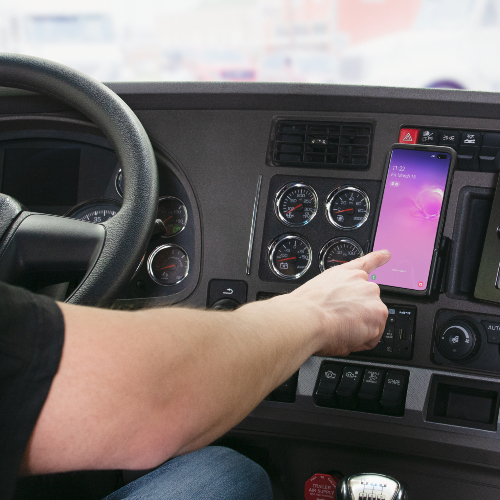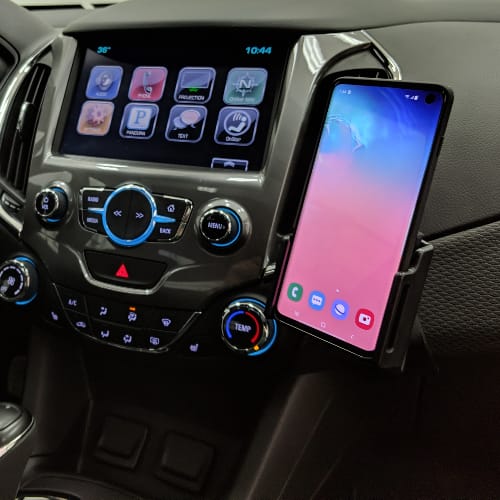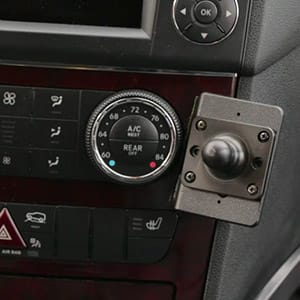
If you have a fleet of company cars, you need a way to track them. For the most part, you can either rely upon self-reporting or install GPS trackers on all of your vehicles. Though this can be an investment of time and money, it’s usually faster and cheaper than you think — and it conveys some important advantages.
Do You Want to Protect Your Vehicles?
One of the best uses for a GPS tracker is to find a vehicle in the event it has been stolen. Commercial vehicles can be very expensive — and they often have expensive equipment inside. The faster you can find your vehicle, the more likely you are to reclaim it in good condition. It isn’t always a theft, either; GPS tracking can be used to locate vehicles in the event they get into an accident in a remote location.
Do You Want to Reduce Your Liability?
GPS trackers aren’t just used when a vehicle is stolen. It can also be used to show that a vehicle wasn’t at a certain place at a certain time — as an example, if the driver is accused of being in an accident, or missing a call with a client. This evidence can be used to either support or dispute employee claims, thereby limiting liability on your company. GPS trackers also act as a deterrence. Employees are far less likely to take their company vehicles on personal trips or to do anything unprofessional in their vehicles when they know they are being tracked.
Do You Want to Optimize Your Routing?
In addition to providing on-the-fly tracking, GPS trackers can also collect data regarding the routes drivers take. By doing this, they can identify potential areas of high traffic and delays. With the right software, you’ll be able to optimize your most familiar routes. This is especially important for companies that do a lot of shipping and transferring.
If you have a substantial company fleet, want to optimize your business, or simply want to protect your investment, GPS trackers are usually a good idea. They are fast and simple to install and provide you with an additional level of security and safety.




